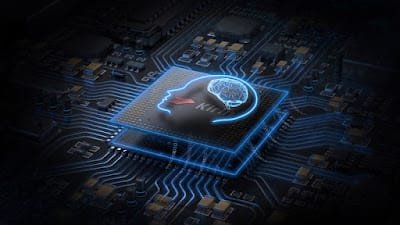As artificial intelligence (AI) continues to transform industries, the semiconductor sector is now focusing on expanding AI chip applications within the automotive field. IMEC, a leading Belgian research institute, recently announced the launch of a groundbreaking chip alliance aimed at accelerating the integration of AI technologies into automotive chips, supporting next-generation intelligent driving systems.↳
The Growing Demand for AI Chips in Automotive Applications
AI has moved from being a high-end feature to a mainstream necessity in the automotive industry. Applications such as autonomous driving, real-time navigation, and smart in-car entertainment demand advanced AI capabilities. However, the automotive chip market still faces several challenges:↳
- Cost and Scalability: Reducing the production cost of high-performance AI chips to make them accessible for mass-market vehicles.
- Energy Efficiency: Delivering top-tier performance while maintaining low power consumption.
- Ecosystem Integration: Building an open ecosystem that enables seamless collaboration between various automotive and technology providers.
IMEC’s new alliance seeks to tackle these challenges head-on.
IMEC’s Chip Alliance: From Innovation to Ecosystem Building
The initiative is designed to go beyond technology development by fostering a collaborative ecosystem. The alliance plans to bring together chipmakers, automotive suppliers, AI technology firms, and academic institutions. Key objectives include:↳
- Innovative AI Architectures: Developing AI chip architectures specifically tailored for automotive needs, optimizing power and performance.
- Advanced Manufacturing Processes: Leveraging cutting-edge semiconductor technologies to create compact and efficient AI chips.
- Global Collaboration: Establishing a platform for shared research and development, ensuring rapid adoption and deployment.
Shaping the Future of AI in Automotive
IMEC’s efforts extend beyond technical innovation. By promoting cross-industry partnerships, this initiative aims to address regulatory challenges and standardization requirements in automotive AI chip development. This approach is expected to pave the way for widespread adoption of intelligent and autonomous driving systems.
For more details, read the full article on EE Times.”
If you have any inquiry, please Look up our inventory and Contact us.



